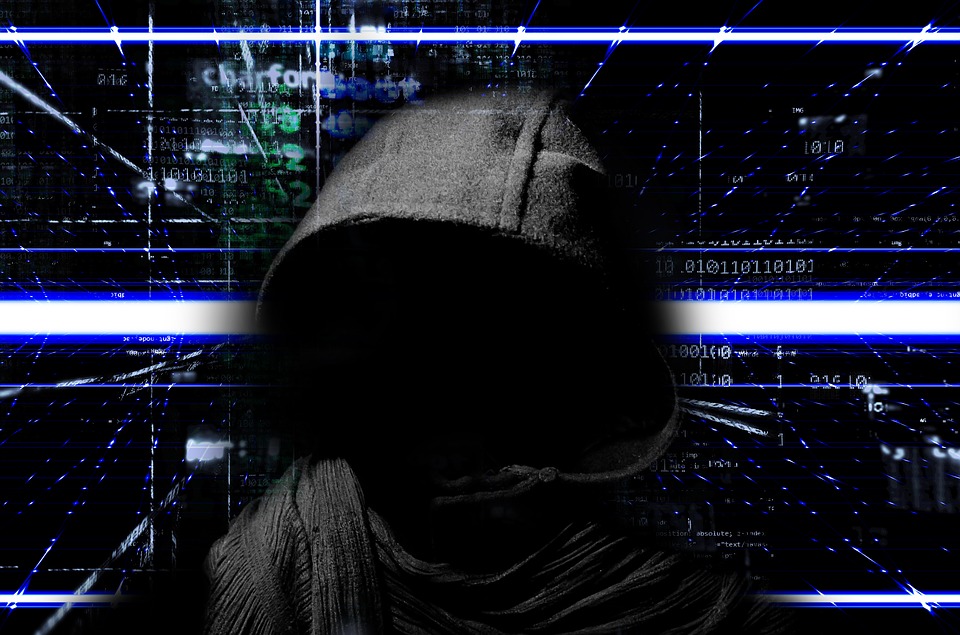Crime, From Physical Domain to Cyberspace

Cybercrime as non-traditional security or human security threat is a great challenge in the 21st century which is termed as ‘the Information Age’. Almost 200 cyber-attacks all over the world are launched every day in government and non-government institutions for stealing money as well as secret information and documents. Cyber attacks on social media and government and non-government financial and other sectors have become an almost daily affairs in Bangladesh over the last few years. This version of crime has shaken and quaked the world's concern to ensure peaceful uses of the internet secure smooth functioning of business deals and transactions and avoid cyber warfare or conflict deliberating mass atrocities, destruction and aggression.
Cybercrimes are “offenses that are committed against individuals or groups of individuals with a criminal motive to intentionally harm the reputation of the victim or cause physical or mental harm, or loss, to the victim directly or indirectly, using modern telecommunication networks such as Internet (chat rooms, emails, notice boards and groups) and mobile phones (SMS/MMS)” (Halder, D. and Jaishankar, K. 2011).
Cybercrimes are basically committed against three categories of entities. Firstly, individuals are targeted to hack and crack their social media passwords and IDs and bank accounts. Here both few selected men and women are mainly targeted to harass them and spread negative propaganda against them through different means of communication such as Skype, Facebook, Mail, Viber, Whatsapp and others. Secondly, all sorts of properties like intellectual properties, credit card fund, financial transactions and others are monopolized through cybercrime.
Read More: CMP honours 11 cops for role in combating crimes
Thirdly, government and nongovernment institutions’ important deals, databases, documents and secret information are hacked and splintered to bring large amount of destruction and atrocities in the daily performed functionaries. Cyber crimes are basically committed by non-state actors such as organized national and transnational hacking and cracking networks and fundamentalist and extremist groups.
It is found that technologically advanced nations (state actors) often participate in launching cyberattacks against their so-called enemy states. Such as, the US and Israel carried out the Stuxnet (cyber) attacks reportedly against the Iranian nuclear infrastructures. However, the current write up is an attempt to discuss how the notions of crimes, venue of crimes, actors of crimes and balancing mechanisms of security are shifting from physical domain to cyberspace. First shift is noticed in the nature of the crime. Traditionally crimes take place in physical domain in the forms of robbery, theft, pick-pocketing, bribes and others hand to hand.
But in cyber domain, crimes are related to cyberspace where crimes are conducted through siphoning business or military information (i.e. cyber exploitation) or stunning rival military systems from functioning properly (i.e. cyber conflict), hacking and cracking cyber spheres like websites, passwords of the IDs of social media and tracking phone numbers. In this form of crime, a large number of individuals and institutions are targeted to earn money without accepted ways. Cyber crimes like blackmailing women, drug cartels, arms smuggling and killing people with contact are on the increase .
The second shift is termed as ‘ratione loci’ (territorial jurisdiction). In the traditional form of criminal activities, offenses occur in a space that can be traced easily, criminals are identified through legal procedures and law and enforcement agencies could be reached easily to the crime zones/spots. But in cyber attacks and conflicts, it is not convenient to identify the attackers and criminals who commit a particular crime in cyberspace due to the penetration of actors or criminals in national boundaries from within and far or near distance very easily. Sometimes it becomes impossible to identify from which part of the world the attacks have been launched.
Third shift is highly evident in the notion of security. The traditional notion of state security has been drastically changed. In conventional state security, states could defend their national sovereignty through various offensive and defensive mechanisms. In cyber warfare, states’ traditional defensive and offensive techniques of security do not function properly as states do not know the time of attack and the location from which the attacks will be launched.
Read More: President for strictly preventing cyber crimes, e-commerce cheating
In this redefined version of warfare, crackers and hackers very easily keep surveillance upon the means and ways of warfare of a particular state to destroy them tactically. Also, in the traditional security notion, the reverberation of an attack is predicted through various ways like secret agencies’ reports, warnings and others. But in cyberspace, the possibility and the time of attacks are not predicted.
Globally, states are moving towards specialized laws from criminal laws to deal with electronic crimes. Such as the US and India adopted Cybercrime Laws of the United States 2006 and Information Technology Act 2000 respectively. Bangladesh too has adopted two important legal instruments (i.e. the Information and Communication Technology Act, 2006 and the Pornography Control Act, 2012) with defining offenses and punishment. Strong security of the national websites, using internet consciously and proper application of the existing legal instruments may play an effective role in curbing the amount of cybercrimes and ensuring security for both government and non-government institutions.
Amdadul Haque is a Researcher .



